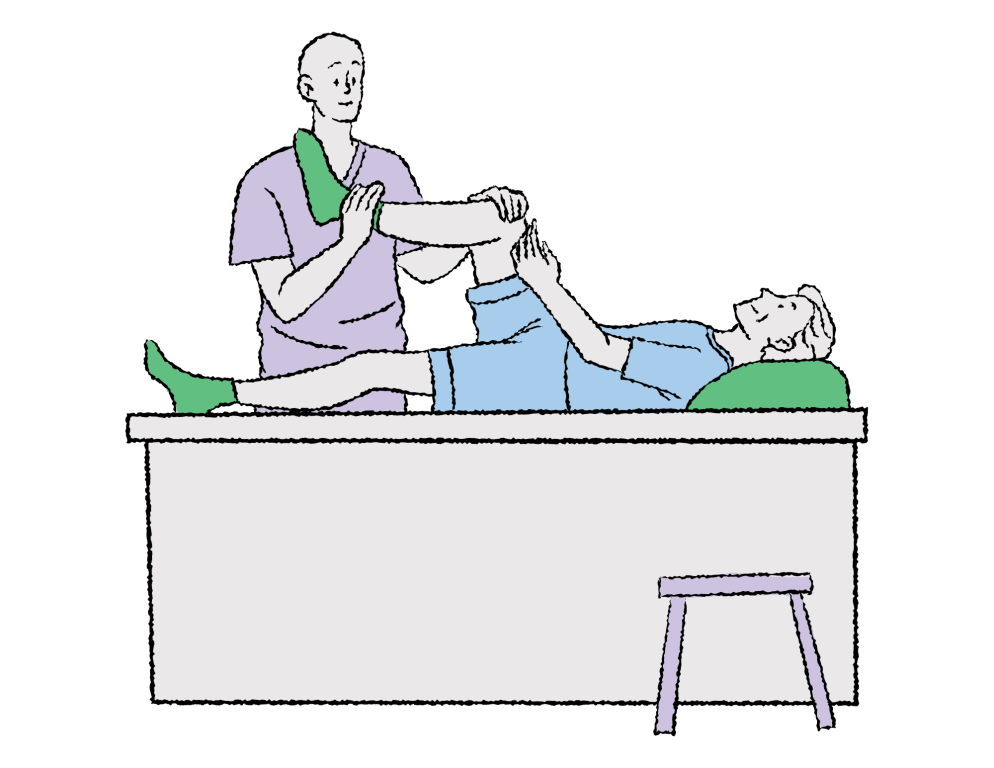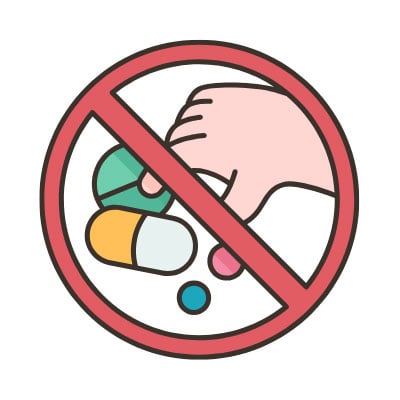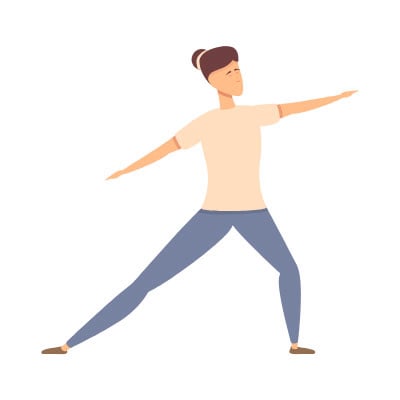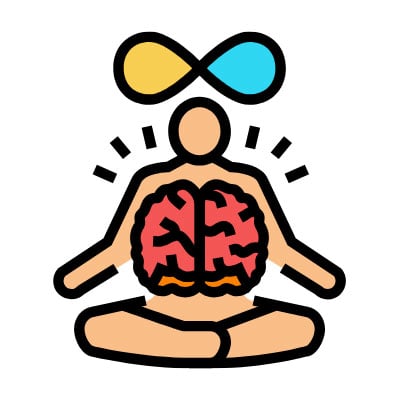
At Mojave Complete Recovery, our Physical Therapy (PT) program helps patients recover from injuries, manage chronic pain, and improve mobility. But PT isn’t just for physical injuries—it’s also a powerful tool in addiction recovery.
Traditional physical therapy focuses on muscles and joints. A CNS (Central Nervous System) Approach goes deeper—addressing how your brain and nerves control movement, pain, and recovery. By retraining your nervous system, we help you move with less pain, regain strength, and improve function—especially after injury, surgery, or addiction-related mobility challenges.




